|
Conducted under the Reagan epoch and featuring the blunt-force temperament of an exploitation film, Tony Garnett's Handgun is polemic take-down of the systemic nature of sexism and an american culture at large which reinforces such oppression. Going into this film I was expecting it to a be a lower-tier version of Abel Ferrara's Ms. 45, a film that uses exploitation cinema to speak to underlying injustices in American culture. While Handgun lacks the stylistic precision of Ms. 45, this film remains a nice complementary piece of cinema given its disparate local, taking places in the south, a near agrarian spatial environment in Texas rather than the hustle-and-bustle of the big city in which Ms. 45 is set. I say they would be an effective double-feature, in that both films feature the hyper-reality/flair of exploitation cinema while their disparate settings provide a nice remainder that these injustices are not unique to a particular social strata or geographic local, but one that systematically built it.
0 Comments
Disparate individuals adrift amongst the promise and prestige of the institutions of Hollywood, Tarantino's latest operates in a temporal which exudes the continuous contention between institutional structures and cultural change. Tarantino's revisionist historiography continues to romanticize epochs but Once Upon A Time in Hollywood is more incisive in its presentation of this particular epoch, one in which a sense of happiness or belonging is beholden to all characters in one way or another, with the means themselves being in a state of agitation. I think a lot of people seem to think their is an implication that Brad and Leo's characterizations are viewed through a lens of affirmation when that couldn't be further from the case, as they are the old guard, who themselves are trying to cling onto the notoriety and success granted to them by the cold institutional structures of Hollywood. Sharon Tate's treatment in this film is one of subtle grace, she is representative of seeds of change but a believer in these institutions, a character who through this revisionist lens speaks to a promise of change devoid of violence or force against the larger institutional apparatus. Could argue that while the ending provides a unique and elegant 'what if' scenario to the potential star of Sharon Tate, the film is also arguable pro-institution, with Tarantino's film being somewhat explicit in its desire for communication - discourse not debate - in an attempt to fulfill the dreams of desires of as many as possible without the use of violence through the studio apparatus. Film glides, rhythmic pacing and music impulses see him in peak form, and while Tarantino continues to hide between the superficiality of movie-making, unwilling to deconstruct the ontological relationship between the signs of the past and self in the present, this film feels like his most expansive cinematic effort, one that is the apotheosis of him as an artist.
An introspective character study about emotional and personal growth. Exhibits the tyranny of complacency and comfort, how it often can suppress personal growth with the film doing so through the lens of a complicated relationship. Spatial nature of connection is personified in its central protagonist, an individual whose forced into self-reflection when she is confronted with the reality that her ex-boyfriend may have found someone else, thrusting this woman further out o his life. One could certainly suggest that Love and Goodbye and Hawaii is conservative in its diametrical exhibition of the heterosexual relationship, showing little room or any more complex examinations related to love, sex, and companionship, but it's a mature work that traverses the 'coming of age' ethos with unique effect
A mature work which never divulges into melodrama or any forced sense of sentimentality, When The Tenth Month Comes employs a tranquil mysticism, one that is confrontational towards the subtle nature in which the possessive qualities of man can circumvent the natural meaning of love. Honest and heartfelt, the film obfuscates these simplistic associations we often place on this emotion, managing some how to be ethereal in its evocations on existential reflections of death, grief, and deception, doing so with a quiet grace and impressionist fortitude that is revelatory
Employing one of the most singular constructions to one of the most frequently analyzed topics in cinema - grief, loneliness, despondence - Tobias Nole's Alloys is a brazen piece of cinema that deserves a look. Early on the film is a rather typically well-constructed "art" film, crafting a grief infused mileu which is palatable through use of static and sterile photography that evokes the fractured psyche of its main protagonist - a man dealing with the death of his father. What transpires from there, and I won't go into details here, is where the film's boldness becomes wholly alluring, as the filmmakers craft a film about therapy and self worth in a way that I've never seen before, exhibiting how the intrinsic autonomy of perception makes the relationship between ontology and existentialism homogeneous. That is to say, self/being and our relationship to such forces as life and death are intertwined, with therapy - emotional communication - being the engine which drives altruism and self worth
A formative framework in which a complex network of opportunistic characters and endlessly shifting allegiances pays dividends, The Dragon of Macao is upper tier gangster flick in which the dichotomy between good and evil is constantly subverted. Love how ancillary the police are in this, they are mainly irrelevant when it comes to the dog-eat-dog nature of the criminal world, having no real impact in regards to the outcome of the events which unfold the police are almost used more as bookends to the story. Given the casting, this film, unsurprisingly, oozes cool. The brutality of the action is palpable, with the film's often elegant cinematography providing a nice juxtaposition with the relatively violent, harsh world the film depicts.
The general fears of femininity as it relates the predatory nature of man is evoked and weaponized into a thoroughly enjoyable, stylish thriller. A wild roller coaster ride of female empowerment on steroids crafted with loads of panache!
Instantly charming, easily digestible yet surprisingly melancholic, Alien Guy Tim is a welcome addition to the short form format, showing an innate ability to manage tonality with satisfying results. In independent filmmaking, pedantry can be both a blessing and a curse due to a variety of factors, yet what a film like Alien Guy Tim manages is quite remarkable in this sense, obfuscating pretension or traditional filmmaking praxis through a fully-realized comedic facade which manages to entertain and inform. The film's quite subtle commentary on loneliness and longing intrinsic to the human experience never feels grating due to this tonal balancing act, managing to be simultaneously poignant yet playful in this melancholic tale which entertains as well as inspires through its mockumentary construction.
An observational document of injustice, one which seems to adhere to a marxist historiography and yet it is never overtly assured but always empathetic towards the complexities of political economy. The reverberations of colonialism envelope Bombay, Our City, as the film exhibits how the state itself is an apparatus to serve the interests of the ruling class, one which often turns the people against each other due its cold, mechanical authority which it instills over the populace. In one memorable scene, the Indian Constitution is presented to the audience; this contract is not being honored! Reminded me of the great Roderick T Long's examination of the political implications of a written constitution viewed through the prism of Wittgenstein's "rule-following paradox". Impressively void almost entirely of polemics, which is quite an accomplishment given the grave inequality and injustice the film documents, Bombay, Our City is a harrowing experience and a plea for not only justice but an empathetic hand.
Displacement and violence haunt a young Chow Yun Fat in Ann Hui's The Story of Woo Viet, a film following a Vietnamese Refugee who in an attempt to immigrate to the US, gets caught up in a crime syndicate in order to pay his way. This has got to be one of the best performances of Chow Yun Fat's career, as Hui gives him a lot to work with, being a man whose steely presence, nothing-to-lose demeanor, and quiet sense of unequivocal strength speak to a character who has suffered through hell, seen tremendous horror and violence in his past, and must continue down this road of degradation placed in front of him in search for peace and in a sense, a new home and identity. A refugee, much of the circumstances this man finds himself in stems from his lack of identity his inability to transcend due to this abstraction we define as the nation state, with Hui using the edifice of an action film to tell a nuanced, empathetic tale which implicitly suggests how displacement reinforces a perpetual state of violence. I watched this more due to Ann Hui, and was shocked with how much action the film has; Those who watch due to Chow Yun-fat, will probably be surprised how stoic and reflective it is.
|
AuthorLove of all things cinema brought me here. Archives
June 2023
|
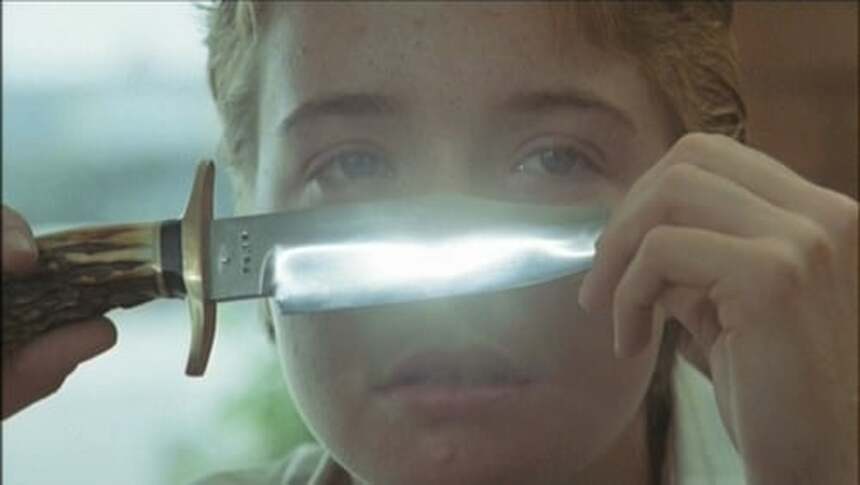
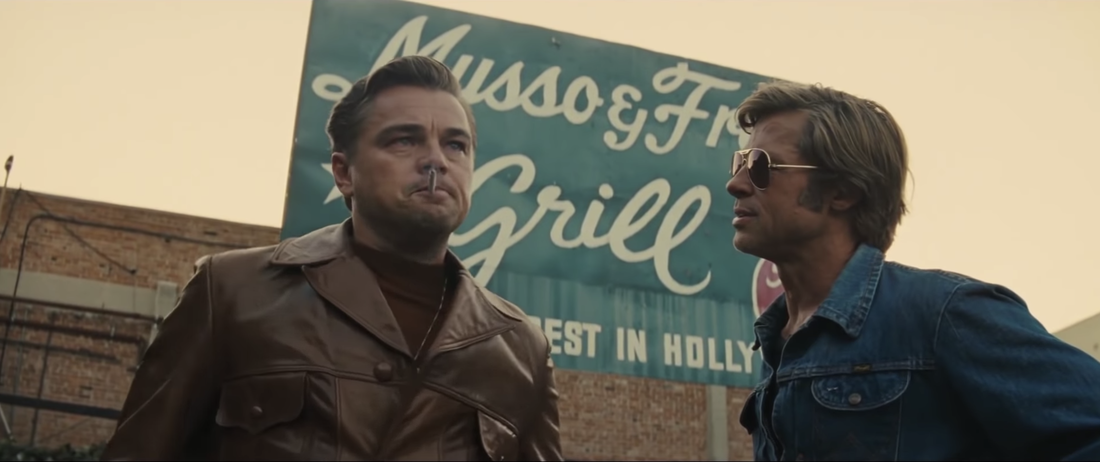
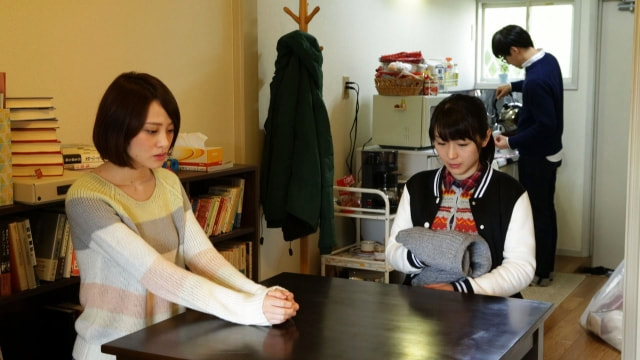
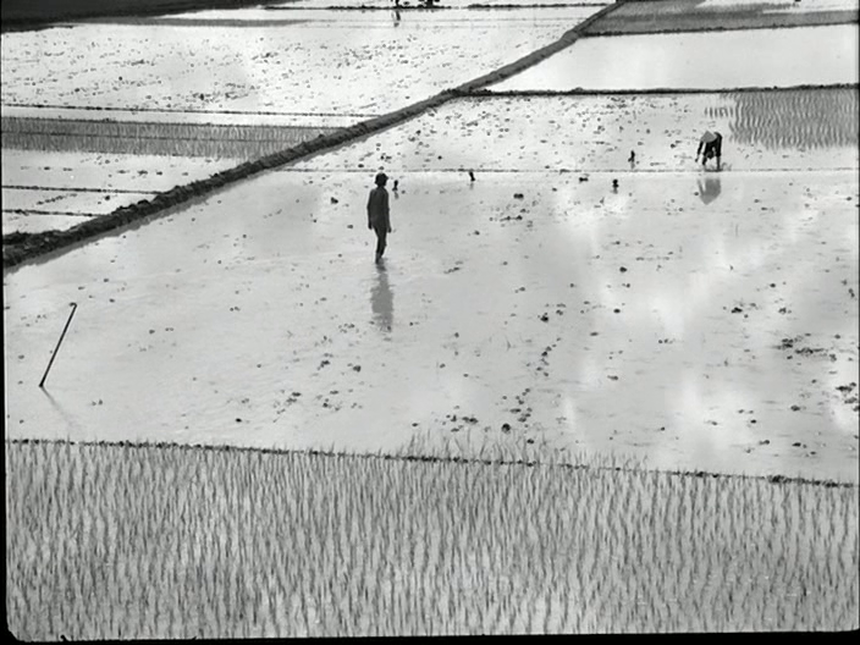
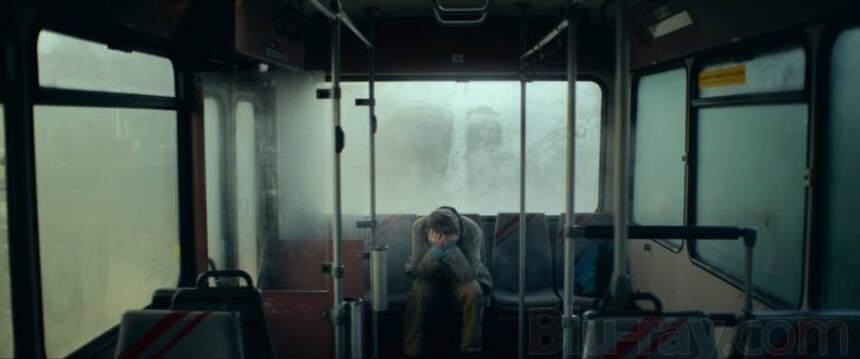
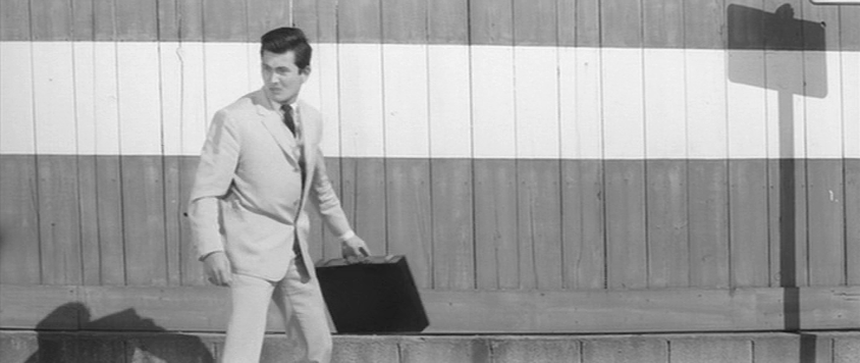
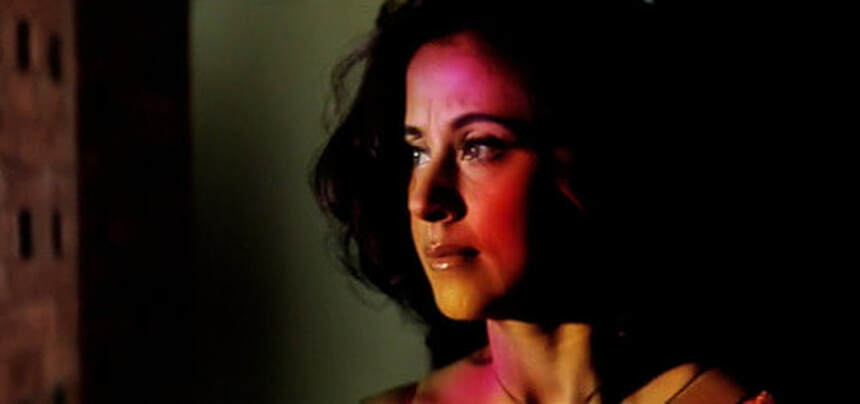

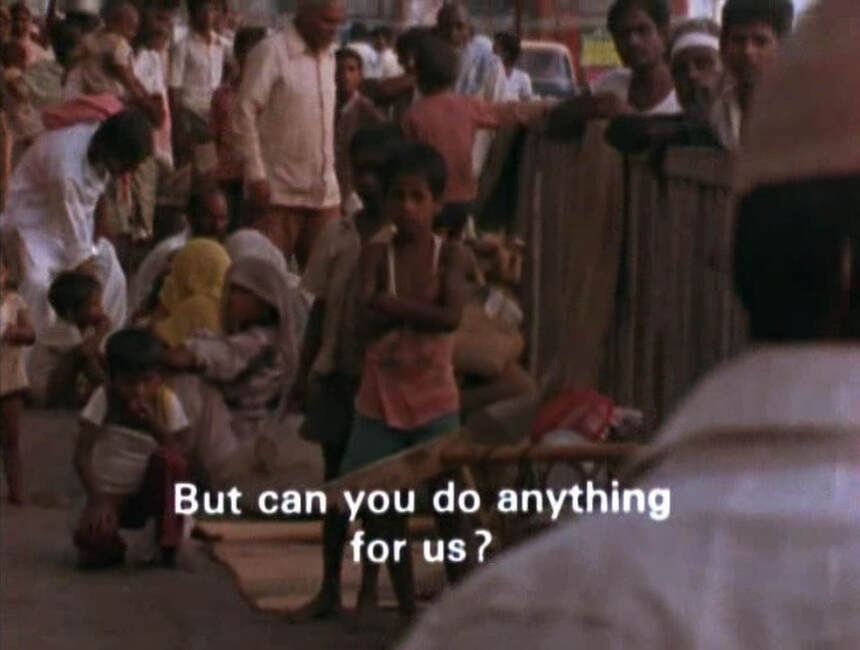
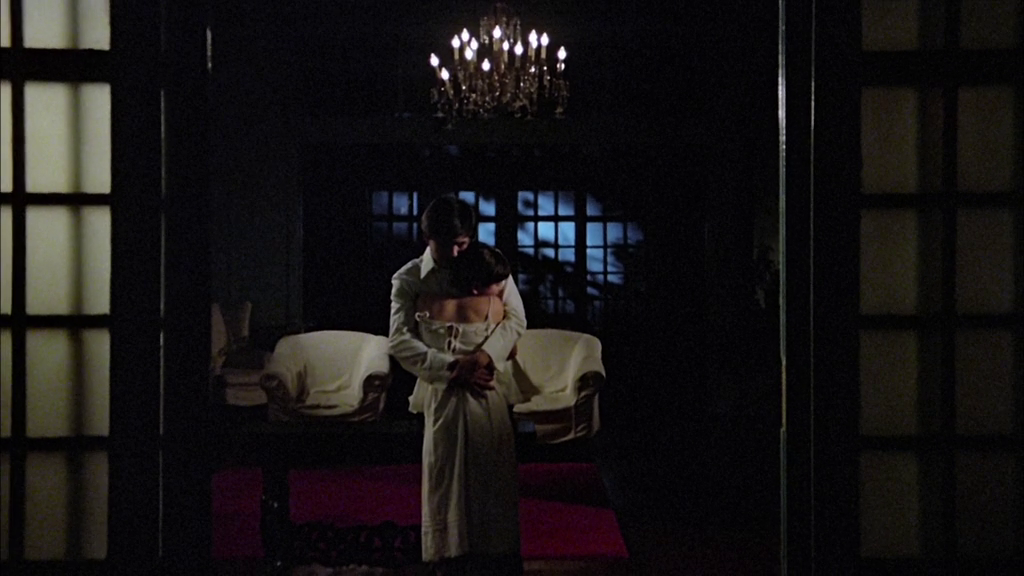
 RSS Feed
RSS Feed
